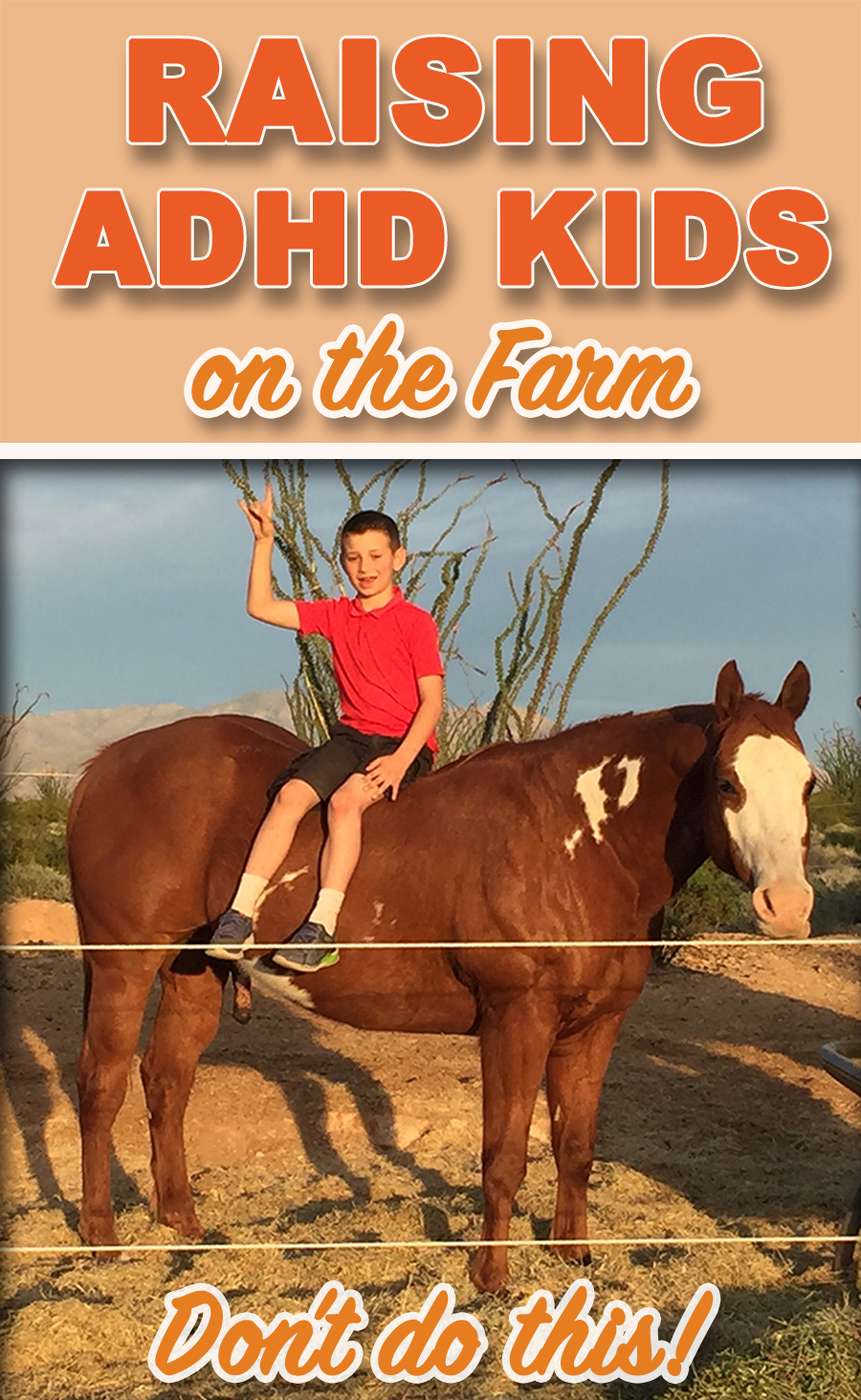Our first son was born and he changed our world, both in good and not so good ways. We love him to bits, but raising ADHD kids can definitely make you go grey haired prematurely. When you’re raising an ADHD kid on the farm there’s an extra set of challenges but also big rewards.
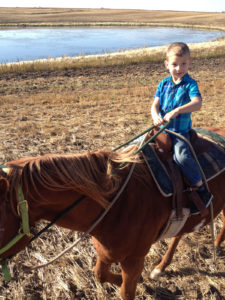
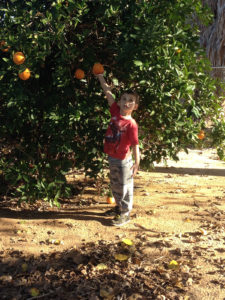

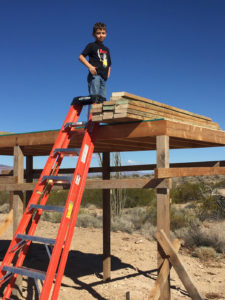
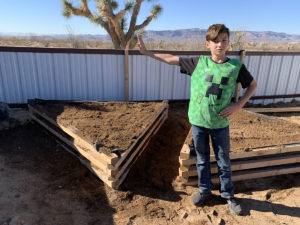
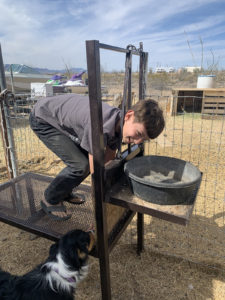
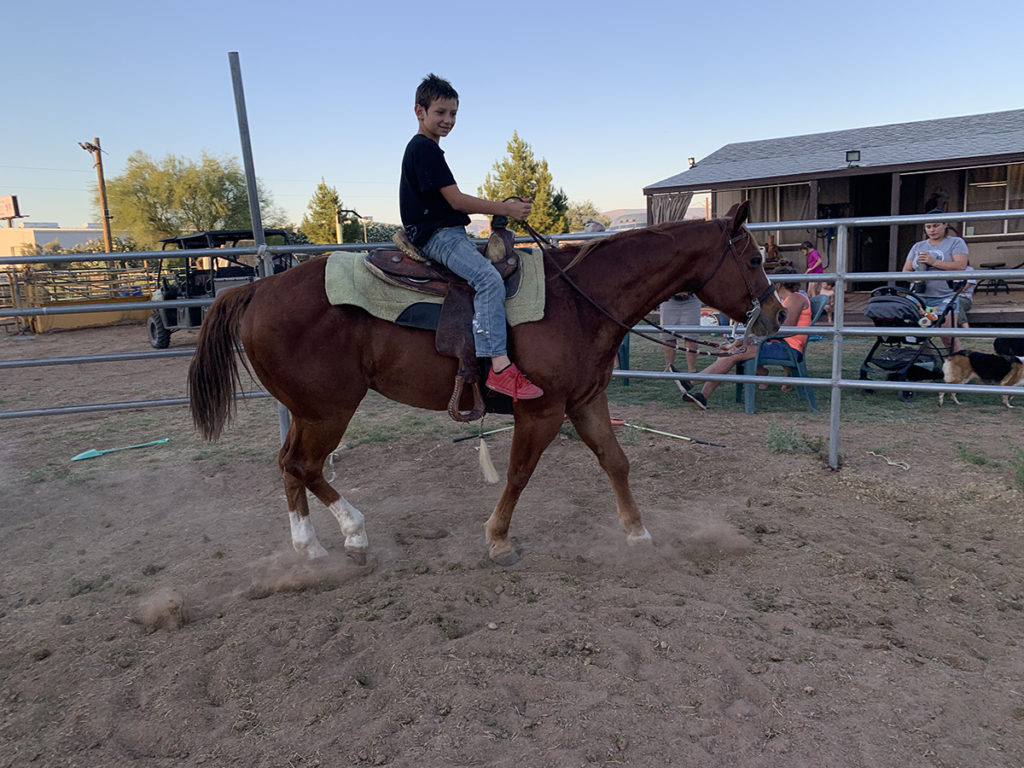
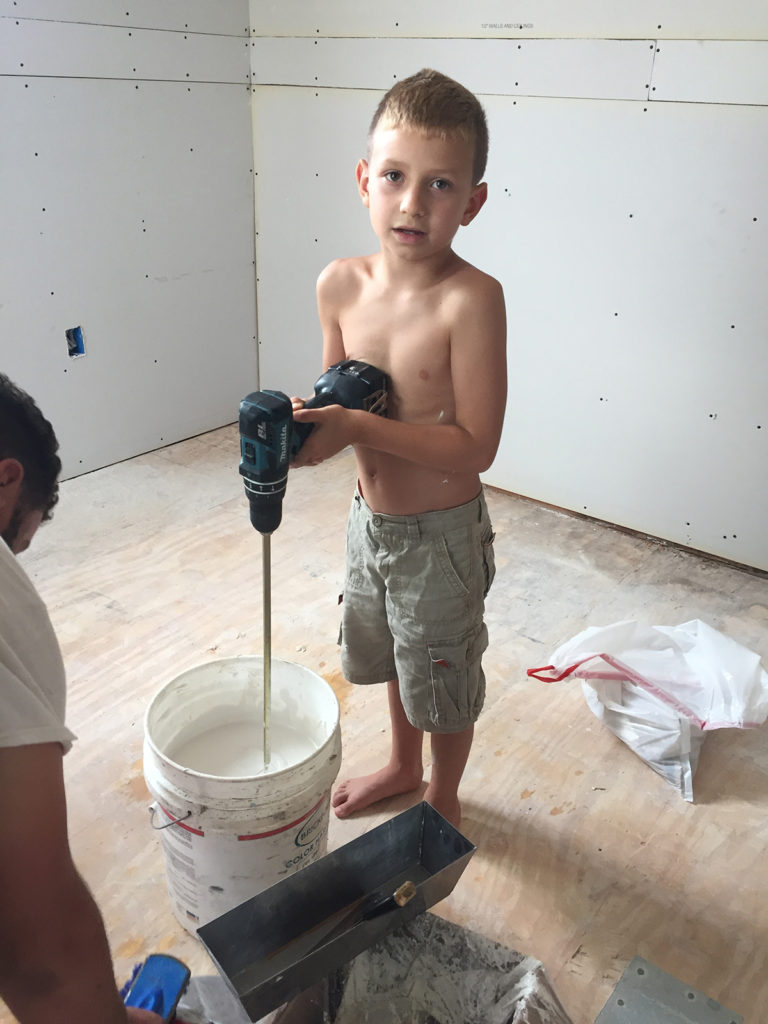
“When you’re raising an ADHD kid on the farm, there’s an extra challenges but also big rewards.”
It became apparent to us that our son, Jacob, was wired a little differently than other kids at a VERY young age. He was hell on wheels. Jacob terrorized the daycare providers and babysitters. He terrorized other kids, even much older kids. Jacob was never still or calm and he was plotting world domination. He was only 3.
What is ADHD?
Attention Deficit Hyperactivity Disorder (ADHD) and Attention Deficit Disorder (ADD) are neurodevelopmental disorders that affects millions of kids and adults. The hallmark symptoms of ADHD in children are higher than usual levels of hyperactivity, inattentiveness, and impulsivity. Jacob was definitely affected in all three of these areas.
Parenting ADHD KIds
Some people (often friends and family members) will tell you that ADD or ADHD are “made up disorders” and that it’s just “kids being kids” or that you just aren’t parenting them right (read spanking them enough). I have also been told that him having ADHD is my fault for doing X, Y or Z while I was pregnant or when he was an infant. We heard ALL of these things from people in our lives. I doubted myself and my parenting, questioning everything I thought I knew about raising kids, let alone raising ADHD kids. WE READ EVERYTHING WE COULD FIND ABOUT ADHD ON THE INTERNET (especially scientific studies).
Raising ADHD kids is not easy and parents deserve more support and compassion, especially when you see their kid going nuts in public. There shouldn’t be blame or guilt trips. Parents are doing their best to survive and make sure their child survives.
“I doubted myself and my parenting. I questioned everything I thought I knew about raising kids. I READ EVERYTHING I COULD FIND… I still do”
Our Plan for Jacob
My husband and I talked and talked and cried and fought over and over again about what to do about Jacob. Josh and I both felt that his behavior was unacceptable and frequently dangerous. We literally and figuratively beat our heads against the wall about it. I ultimately quit working as a Print Production Manager for a print shop so I could be with Jacob 100%, especially when he started school (which was its own nightmare).
Behavior Modification and Diet for ADHD
Ultimately, our plan of action was not to seek medication for him, but to work on teaching him ways to calm himself and focus. We focused on his diet and the amount of rest he was getting. Josh and I did our best to eliminate food dyes from his diet as well as tried to feed him as healthfully as possible. We sent him to bed before 8 pm. Jacob could never nap during the day even as a toddler, so by evening he was physically and mentally exhausted.
My husband and I realized (a little late) that Red Food Dye #40 was the equivalent of giving Jacob crack cocaine. He had immediate, strong physical reactions to even a tiny amount of red #40. An episode was way worse than any sugar high you can imagine and could last for an hour. We tried magnesium supplements, especially before church every week, with the hope that he would behave well and sit relatively still. It did help Jacob to be a little calmer for church. Now that he’s a teenager, Jacob is calmer and able to sit for extended periods but his mind definitely wonders and he’s easily bored.
Discipline and ADHD
Over stimulation would make Jacob manic when he was young. We tried to limit his time playing on our tablet or phones. We used time outs for punishments. This worked great because he HATED having to sit still. It was pure torture. As he got older, we had to get more creative with punishments.
When he was 5, we grounded him from TV for a week (except for documentaries). I can’t remember what he had done to earn the punishment, but it was something serious. That experience was actually hilarious. He watched documentaries all week about plastic in the ocean and the life cycle of eels. Jacob went to school telling everyone about the migration patterns of eels. He was in Kindergarten.
Raising ADHD Kids on the Farm
Safety First
Taking Jacob to the barn was fraught with dangers, mostly due to his impulsivity and inability to follow directions such as stay where he was told. Things such as “Don’t go in the bull’s pen,” or “Don’t walk behind the horses” went in one ear and out the other. (Fortunately, we did not have any dangerous animals that would intentionally hurt him but these are good safety rules).
Jacob needed a purpose or activity that would hold his attention while we were working with the animals. Frequently, this would backfire. He would rapidly grow tired of one project before finishing and dash off to do something else. If he was doing a chore, it was almost never finished.
ADHD Learning Curve
As Jacob got older and we needed him to help out more at home and with the animals, we ran into more problems. Through my research and experience, I learned that you cannot give ADHD kids a verbal list of instructions. If you tell them more than one thing at a time, they often forget what the task was before they even get turned around.
If you REALLY need an ADHD child to do something thoroughly, you must give them a written checklist. You need to give it to them EVERY time. Just because they’ve done a chore before, doesn’t mean that they will remember each step the next time they’re up to do it. You must inspect each checklist item for completion.
Don’t expect that your 11 year old will be able to have the executive functioning skills of other kids their age. Expect them to have approximately the same skills and maturity level as kids 3 years younger than them.
“Don’t expect that your 11 year old will be able to have the executive functioning skills of other kids their age. Expect them to have approximately the same skills and maturity level as kids 3 years younger than them.”
Other Challenges
We noticed early on that Jacob had trouble showing affection and communicating with our pets and livestock. This was especially true when it came to horseback riding. I started riding horses solo around age 3 (maybe 2) and enjoying horses and riding is a large part of who I am. My husband doesn’t enjoy riding these days because it makes him too sore for work, but he enjoyed riding horses in his childhood. Even now at 14 years old, Jacob is not a confident rider who can communicate basic instructions to a horse even though he has been riding with me his whole life. I have accepted this is who he is and I don’t try to force him to change. I just try to enjoy the time we spend together.
A few years ago, we discovered the one animal that Jacob does enjoy interacting with is CATS. Apparently, he’s a cat person, which is fine. It just blows my mind that, in a family of animal lovers, he exclusively likes cats as a pet.
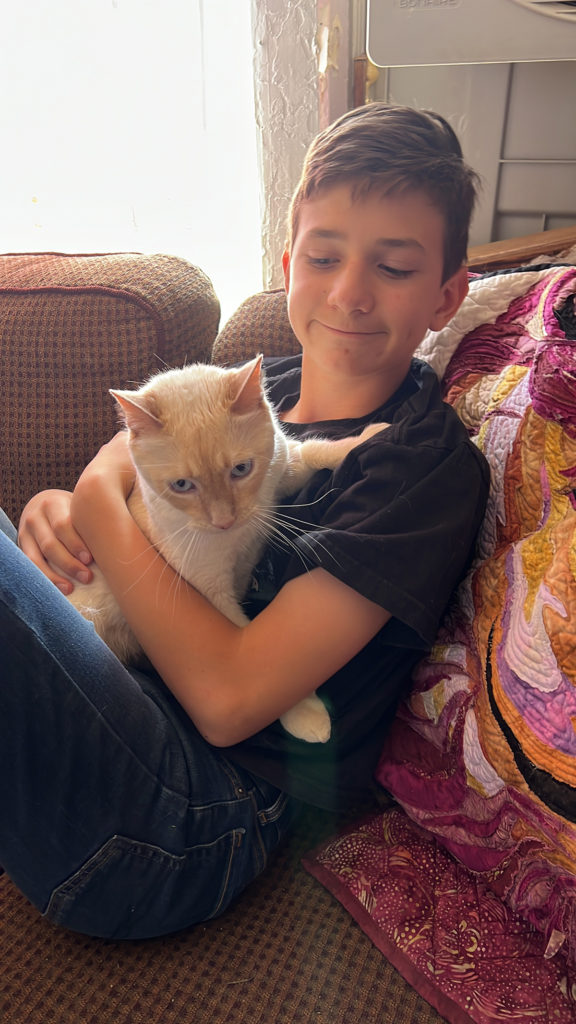
The Latest Research
Guess what?! When I was preparing to write this blog post, I came across an article on AgWeek.com entitled “ADHD Receives New Scrutiny for its Benefits, Particularly for Farmers.” In summarizing the article (which is fascinating and you should go read it now!), ADHD is likely hereditary and farmers worldwide have much higher incidence of ADHD than other professions that we are aware of. The unique benefits of ADHD such as hyper focus, functioning on less sleep, risk taking and bouncing back from failure more easily are being viewed as giving farmers with ADHD a natural advantage in a challenging occupation.
My Expectations When Raising ADHD Kids on the Farm
- You CAN expect them to forget the task you just asked them to do, sometimes immediately. Be prepared to “babysit” them until the task is completed fully.
- You CAN expect them to forget to close the gate.
- Everyone learns and communicates differently. Try to find what works best for your child. Getting direct eye contact and repeating the information back to you helps make sure the message gets across.
- ADHD kids are always looking for more stimulation or an adrenaline rush. Be prepared for this or supply safe ways for them to have fun.
- Expect your child to be impulsive and not think things through before acting.
- Your ADHD child will be discouraged if they feel like they’re always getting in trouble when they are “trying” to do what you asked. Work on positive reinforcement and accountability, even when you’re frustrated.
- You WILL be frustrated. It’s character building for us adults. Breathe through it.
- Your ADHD child WILL BE emotionally and mentally less mature than other kids their age. Do not set higher expectations for their abilities than they can reach. Set attainable goals and build on success.
- They WILL wreck your 4-wheeler into your truck immediately after you just warned them about driving recklessly. It WILL happen.
- “We can’t have nice things.” This is our motto. Don’t put a high value on material things because your kids will break it, wreck it, burn it down, etc. Our kids are what’s truly important. Teach them and guide them to become the successful adults they can be. Enjoy the ride!
Enjoying this blog post? Check my other posts here! Also, make sure to subscribe below so you never miss out on news from The Far Out Farm!
